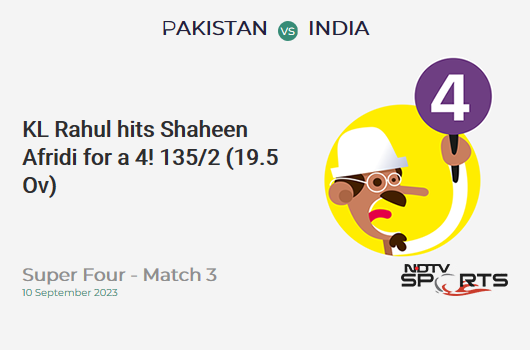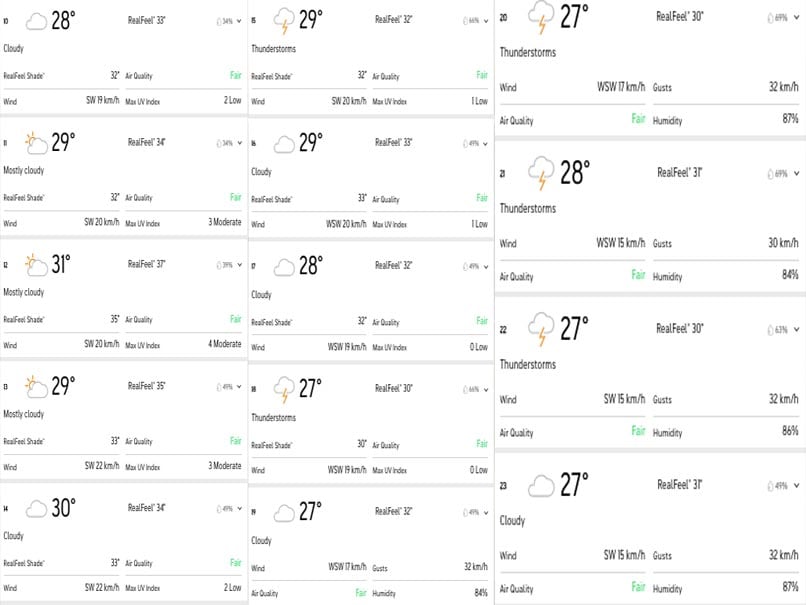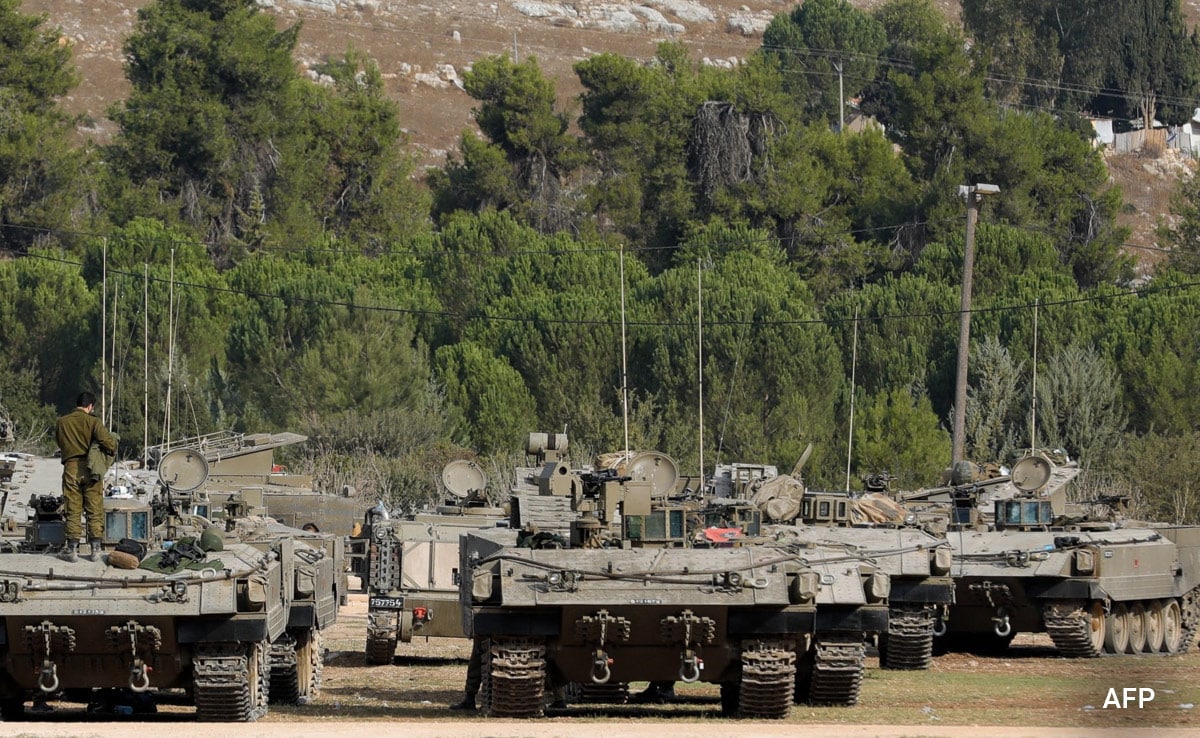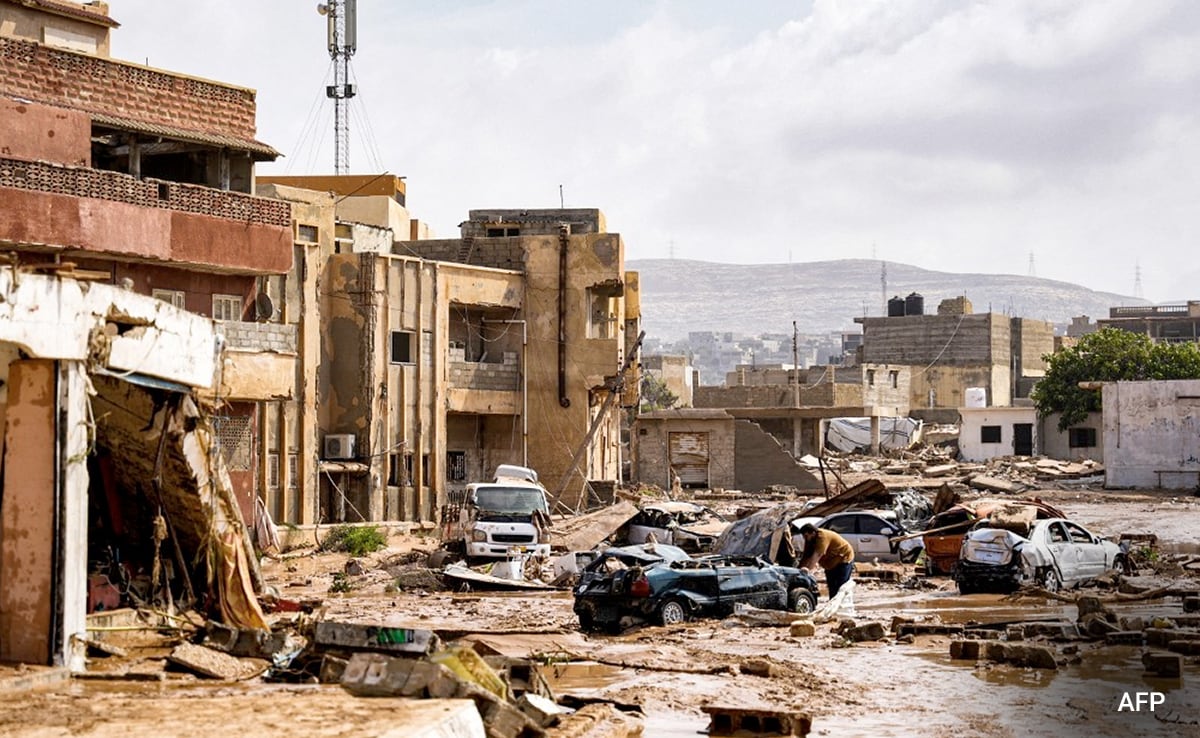PM Narendra Modi prays to Lord Vishwakarma on Vishwakarma Jayanti, ahead of launching the scheme
New Delhi:
In a significant move with several social and political undertones, Prime Minister Narendra Modi on Sunday launched the Vishwakarma Yojana. Anyone who works with hands and tools is a vishwakarma, and the government will do everything it takes to uplift people who have been toiling hard to promote traditional skills, he said.
The occasion was also symbolic. It was the Prime minister’s 73rd birthday and also, Vishwakarma Jayanti.
PM Modi first offered prayers to Lord Vishwakarma, who is seen as the architect of ancient cities such as Dwarka and Indraprastha, the old name of Delhi.
He launched the scheme at the newly built Yashobhoomi convention centre at Dwarka, and also met people from 18 traditional professions who are among the beneficiaries of the nationwide scheme.
The cabinet recently cleared the scheme with a budget of Rs 13,000 crore for the next five years. It is aimed at supporting traditional artisans, craftsmen and workers such as carpenters, blacksmiths, locksmiths, goldsmiths, potters, sculptors, cobblers, toy-makers, washermen, tailors and others who are generally in family-run occupation.
The scheme promises training, technology, tools, loans at subsidised interest rates, and facilities to market their products at the national and international levels.
There is also a strong swadeshi element to this, a push by the RSS and the larger Sangh Parivar to make Bharat, and most importantly the villages of India self-reliant, and support those who are on the verge of losing their skills, craft and livelihoods.
The political messaging in the move today is important, as this is a mega outreach by the Centre to consolidate the BJP’s Other Backward Classes (OBC) voter base. OBC communities, over 45 per cent of the country’s population, have been strongly supporting the party since 2014.
PM Modi himself is from the community, and the party has particularly been focussed on consolidating the non asset-owning, non-feudal, numerically significant OBC communities that have been left out by regional parties that focus on identity politics with one or two communities as their mainstay.
The BJP has been harping on the moves it has made for the OBCs, including giving a constitutional status to OBC commission, increasing the community’s representation in the cabinet to almost 27 now, decisions such as 27 per cent reservation in NEET and also the G Rohini commission to sub categorise the OBCs.
With states such as Bihar attempting a caste survey, and the matter reaching Supreme Court, it has also taken a political turn. The opposition parties under the INDIA umbrella have demanded a caste census be done before a general census, and have also asked for the removal of the ceiling on reservation.
The issue of a caste census is sensitive in certain quarters because some OBCs suspect their number may be larger than the 52 per cent enumerated in the 1931 census, which will make them bigger beneficiaries of political power and economic gain. In that regard, this mega outreach of the BJP to OBC communities in the form of Vishwakarma Yojana is not just an effort to balance its Mandal and Kamandal politics, but also strengthen its welfare plank in the run up to 2024 polls.



















